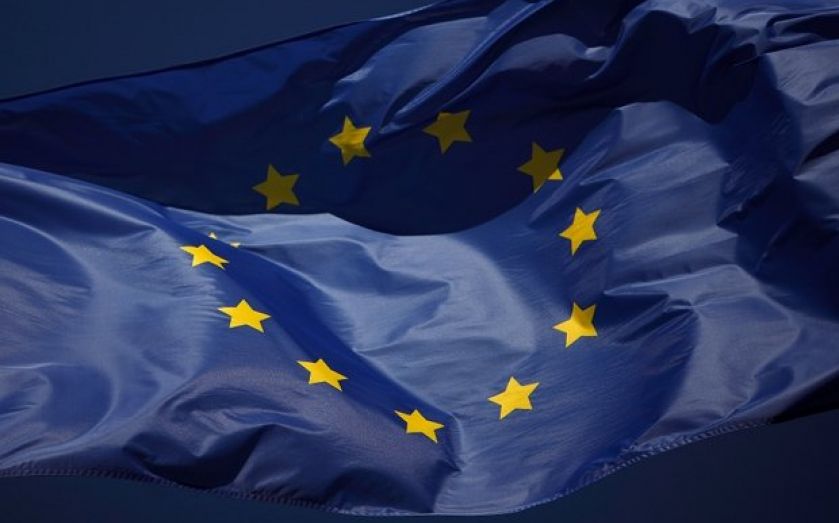Eurozone hauls itself out of recession but growth remains fragile

THE Eurozone has finally exited its longest recession. Rather than smashing through the barrier, it limped over the line with 0.3 per cent growth in the second quarter of this year – although even this was enough to exceed weary expectations.
It is clear that any recovery remains fragile – fortunately, even those EU leaders who usually jump at any sign of positive data have been cagey in their responses. But the extent of this fragility, and the reasons underlying it, require a bit more explanation.
Despite the focus falling on the average Eurozone growth figure, the bloc remains far from coherent. Germany and France – which together make up almost half of the Eurozone’s output – played a huge role in dragging it back towards expansion. You can’t help but picture a powerful German car towing its struggling Mediterranean counterpart. But this may not seem such a bad state of affairs – after all, a tow often helps in the case of a breakdown.
Fundamentally, however, this remains a crisis of divergence, and Germany is, for the most part, increasing the gap. While Germany posted 0.7 per cent growth, countries such as Spain and Cyprus contracted by 0.1 per cent and 1.4 per cent respectively. On an annual basis, the Greek economy is still contracting at a pace of 4.6 per cent. This “turnaround” looks very different from the back than the front.
The on-going divergence creates serious problems for the one-size-fits-all policies of the Eurozone – and at the European Central Bank. After too low interest rates helped pump up financial and housing bubbles in places like Spain and Ireland, the last thing the Eurozone wants is a repeat in the North. Differing needs will inevitably transform into political and social divisions if they continue unchecked – anti-German sentiment is already growing in the South, and bailout fatigue is spreading in the North.
The encouraging average growth figures also mask the flaws that remain in the Eurozone. The flagship “solution” to the crisis – a Eurozone banking union – remains incomplete. Proposals for a single bank resolution fund to help repair cross border financial flows don’t look up to the job. And the unanswered question of how to fund the likes of Greece and Portugal over the next few years looms large, with many expecting an answer after the September German elections.
While this has been the Eurozone’s calmest summer for some time, there has been no shortage of political drama. We have seen hastily reshuffled coalitions in Greece and Portugal, political scandal in Spain, and ongoing tensions in Italian politics. None of these has dented market sentiment like previous bouts of instability, but they could still knock this recovery off course before it ever truly gets going.
As one of the first pieces of positive hard data out of the Eurozone in some time, the end to the recession should not be dismissed out of hand. However, the Eurozone states (and the periphery in particular) should not rest easy, but push on with reforming their economies and governance structures, to ensure growth can firmly take hold and become sustainable.
Raoul Ruparel is head of economic research at Open Europe.